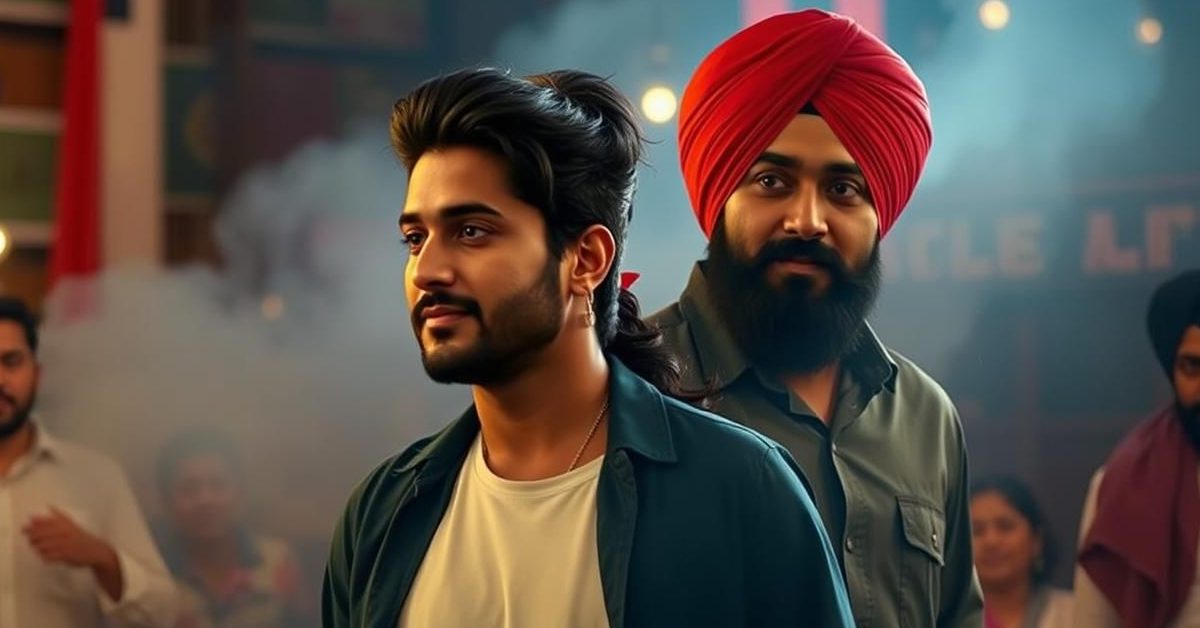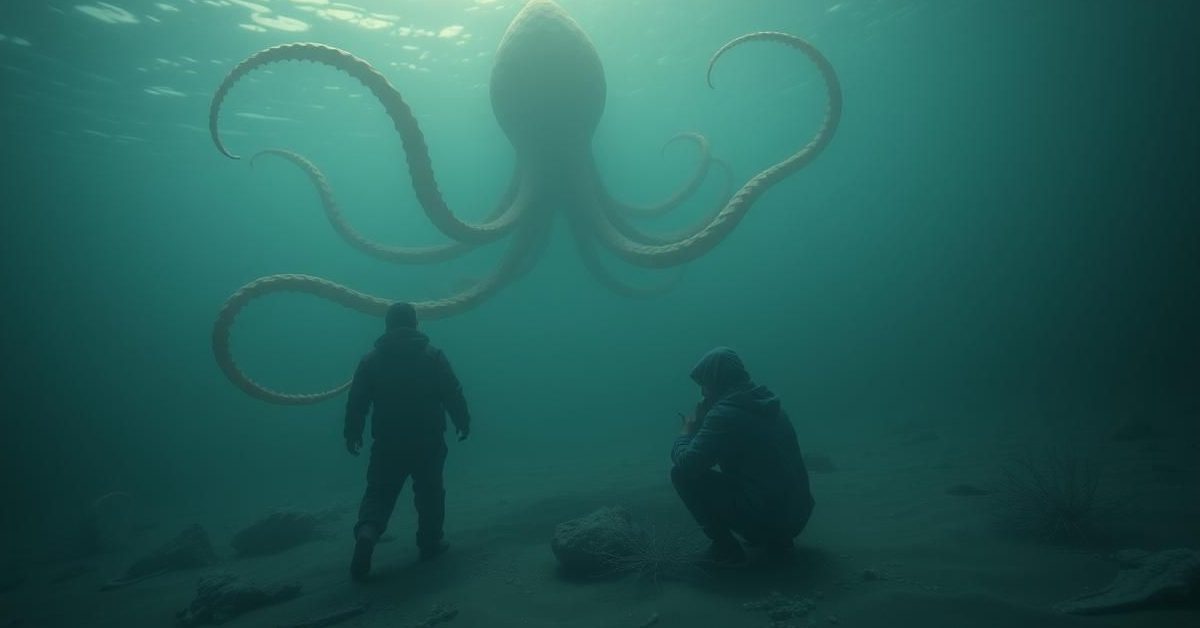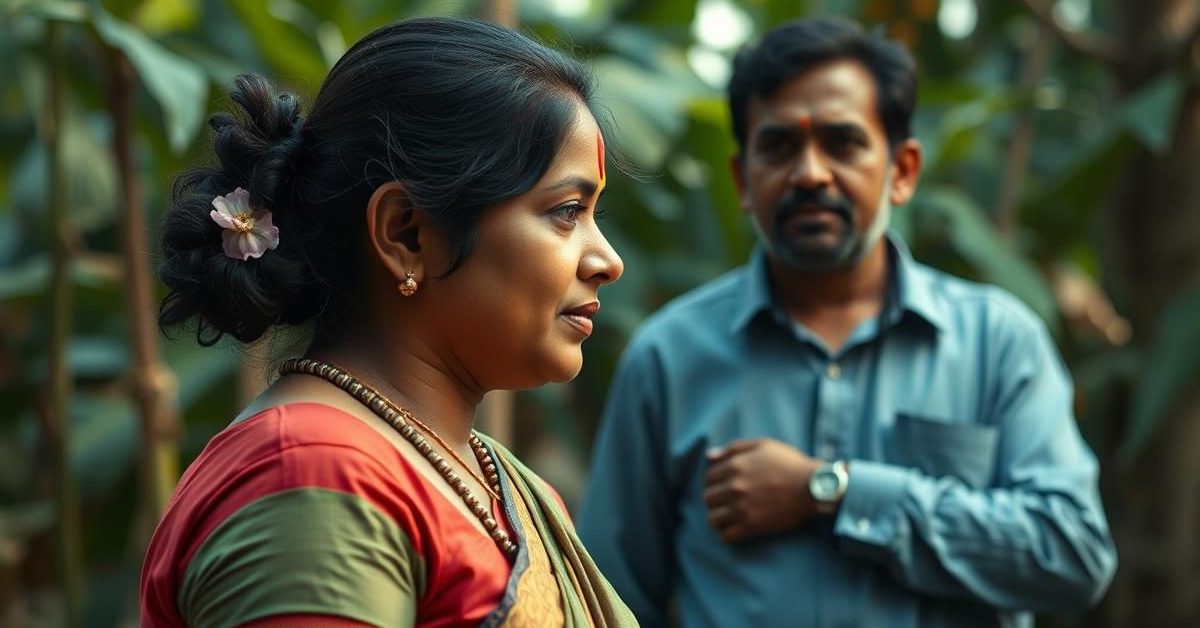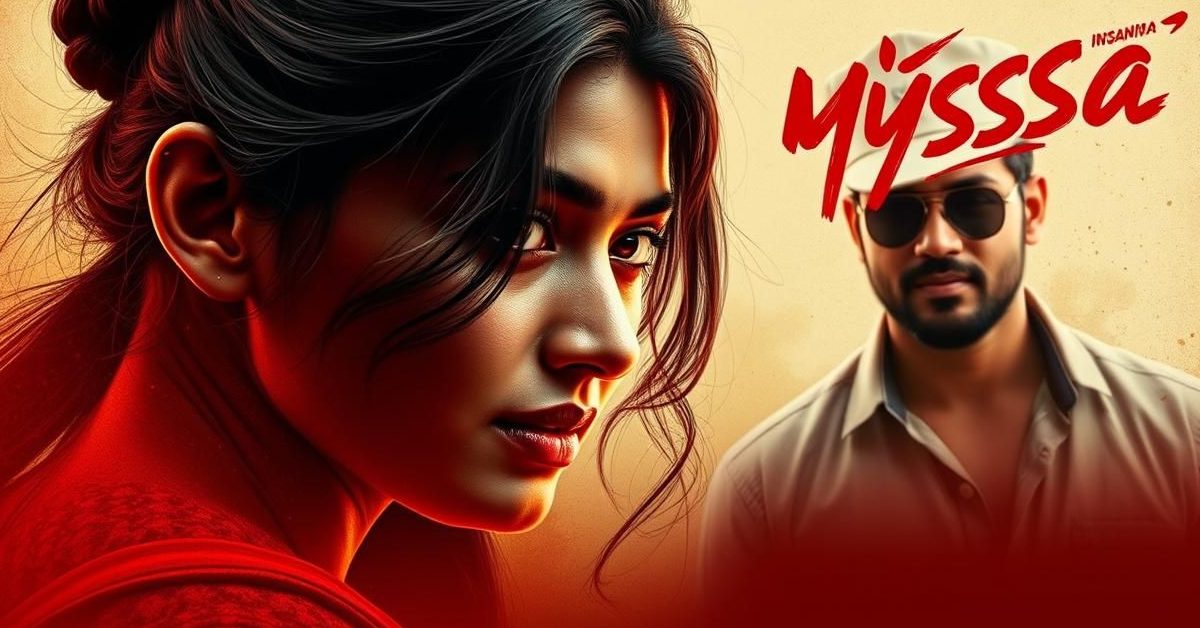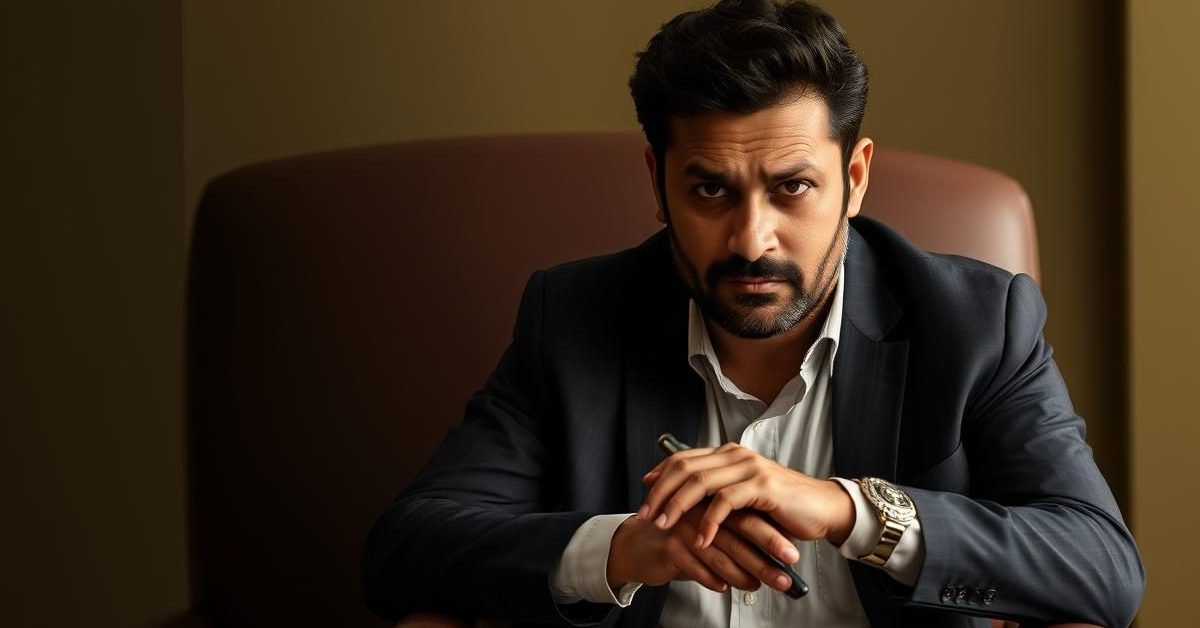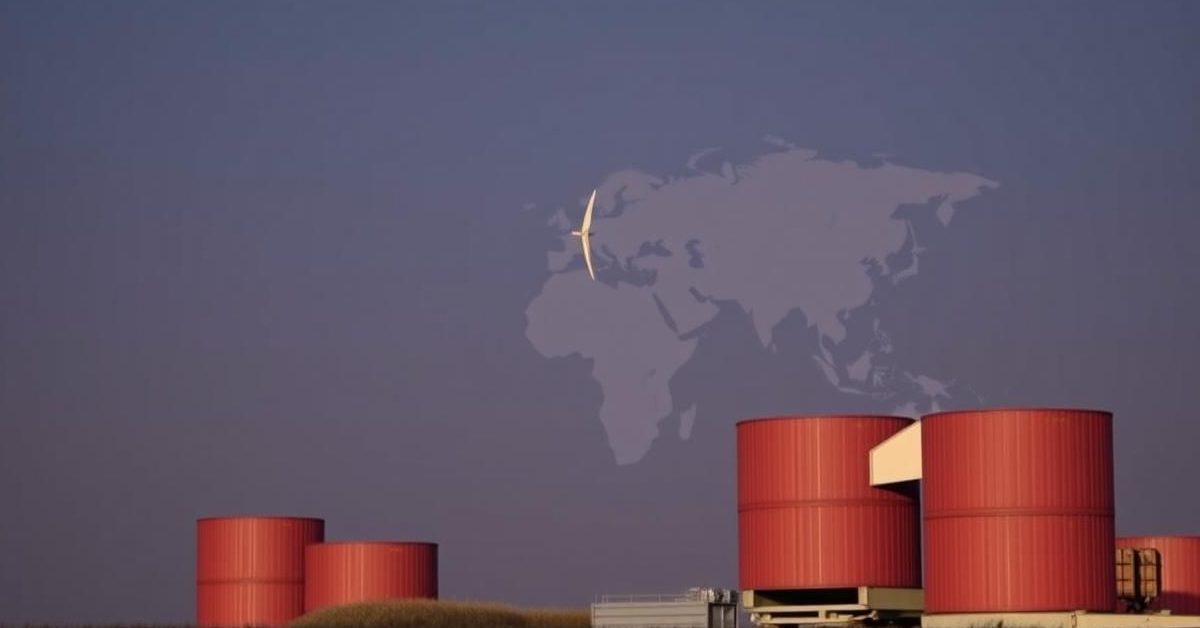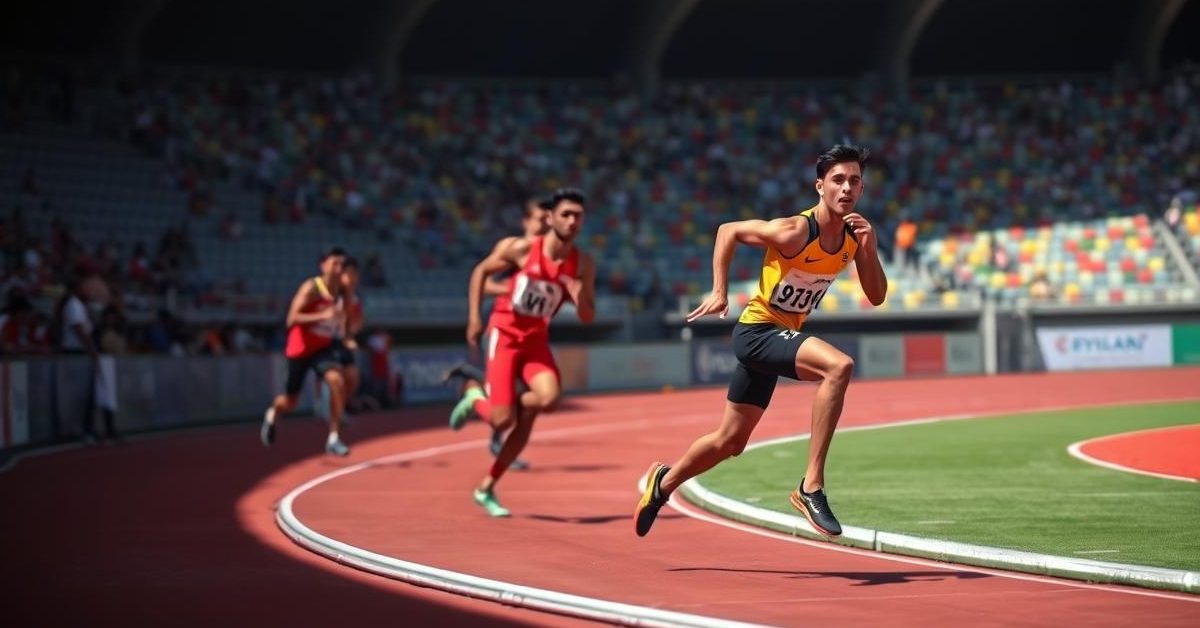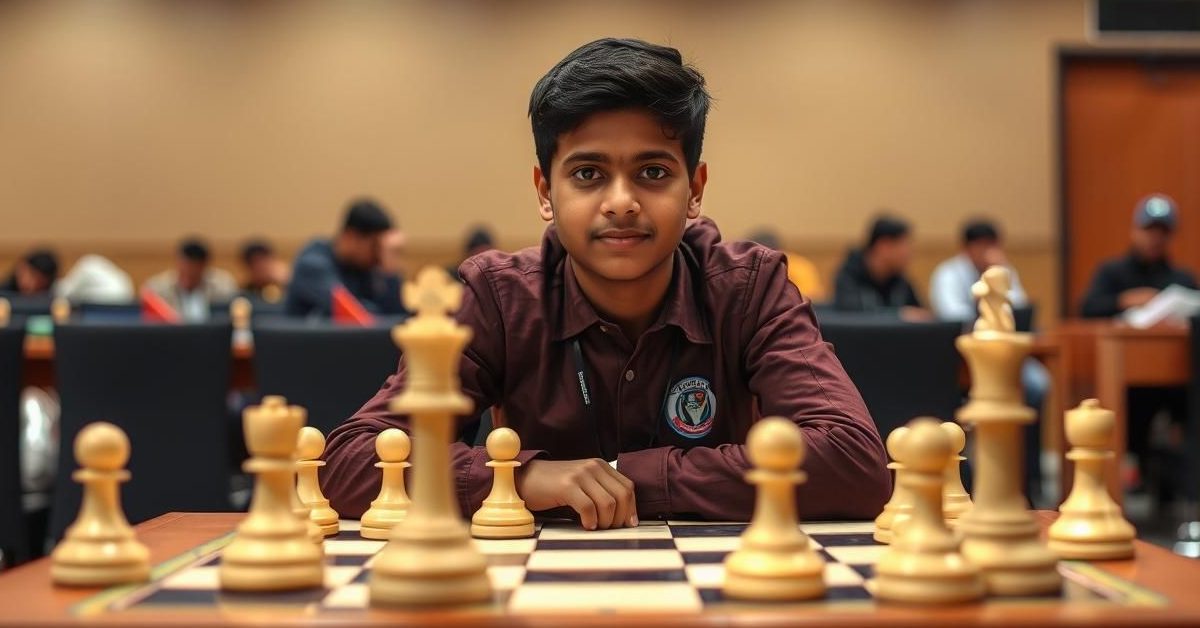The Brewing Storm Around Diljit Dosanjh and ‘Sardaar Ji 3’
The vibrant world of Indian cinema often finds itself at the crossroads of art and geopolitics. Recently, celebrated actor-singer Diljit Dosanjh has been embroiled in a significant controversy, drawing criticism for his collaboration with Pakistani actor Hania Aamir in the upcoming film, *Sardaar Ji 3*. This unexpected storm has not only impacted the film’s release strategy but has also prompted prominent industry figures to voice their support for the beloved Punjabi superstar.
The backlash quickly escalated, culminating in a stern statement from the Federation of Western India Cine Employees (FWICE). This powerful industry body’s intervention sent ripples through the film’s production, ultimately leading the makers to make a difficult decision: *Sardaar Ji 3* would forego an Indian theatrical release and instead be launched solely in overseas markets. Producers have openly lamented the substantial financial hit, estimating a crippling 40 percent loss on their investment, a testament to the unforeseen challenges artists face in the current climate.
Imtiaz Ali’s Heartfelt Defense of Diljit Dosanjh
Amidst this escalating tension, acclaimed filmmaker Imtiaz Ali, who recently directed Dosanjh in the critically praised *Chamkila*, has stepped forward to ardently defend his star. In a candid conversation with NDTV, Ali offered a profound insight into Diljit’s character, emphasizing his deep-rooted love for his homeland.
“While I cannot delve too deeply into the specifics of this row, knowing Diljit as I do, I can unequivocally state that he is utterly imbued with the spirit of patriotism,” Imtiaz Ali shared. He painted a picture of Dosanjh as a “son of the soil,” a true reflection of India’s essence. This sentiment, Ali elaborated, isn’t a performance; it’s an intrinsic part of who Diljit is.
A Patriot Unwavering: Diljit’s Public Displays of Affection for India
Imtiaz Ali further reinforced his defense by highlighting Diljit Dosanjh’s consistent and genuine displays of national pride. “He is not a man who operates with any pretense. There’s no falsity in anything he does,” Ali asserted. He pointed to Diljit’s renowned live concerts, where, without fail, the megastar makes a point of appearing with the Indian flag, a powerful symbol of his identity and allegiance.
The filmmaker also recalled a recurring, poignant moment at the close of Diljit’s shows: “At the end of all his concerts, he declares, ‘Main hoon Punjab,’ proudly holding the Indian flag.” This consistent public affirmation, according to Ali, speaks volumes about Diljit’s unwavering love for his country and his strong connection to his roots in Punjab.
Addressing the Casting Controversy: An Actor’s Limited Influence
Imtiaz Ali also touched upon the controversial casting of Pakistani actor Hania Aamir in *Sardaar Ji 3*, a decision that ignited much of the public outcry. He emphasized a crucial distinction often overlooked in such debates: “I don’t know the exact details, but the decision of casting someone isn’t typically the actor’s.” Ali suggested that artists often have limited sway over production choices, especially those pertaining to casting.
He reiterated his belief in Diljit’s integrity, stating, “I know that he possesses immense love for his country.” Ali expressed hope that “those who are able to see the truth within him will ultimately understand this,” appealing for a more nuanced perspective on the situation.
Diljit Dosanjh’s Perspective: A Film Caught in Shifting Sands
Prior to Imtiaz Ali’s comments, Diljit Dosanjh himself had addressed the controversy in an interview with BBC Asian Network. He clarified that the film was shot significantly earlier, when geopolitical circumstances were different and more favorable for such collaborations.
“When this film was made, the situation was fine,” Diljit explained, noting that principal photography for *Sardaar Ji 3* occurred in February. “At that time, things were stable, everything was proceeding smoothly.” He acknowledged that post-production, external factors beyond anyone’s control dramatically altered the landscape. “After that, many big things are not in our hands,” he remarked, referring to the subsequent political tensions. “So, the producers decided that this film obviously wouldn’t release in India now, and chose to release it overseas. Obviously, they have invested a lot of money, and when this film was being made, there was nothing like this.” His words paint a picture of a project caught in unforeseen political currents, highlighting the precarious nature of creative ventures in a sensitive global environment.
